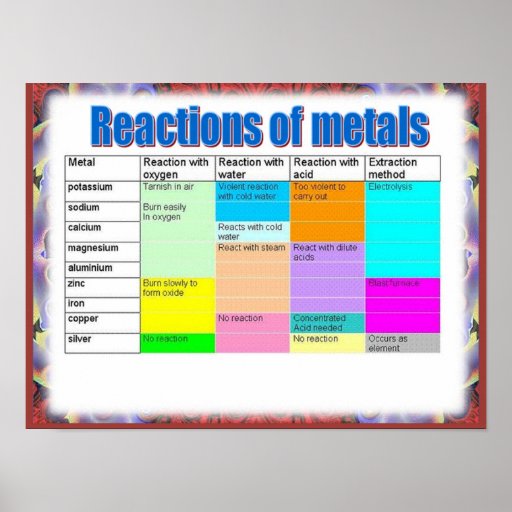Introduction to Metals
Minerals are those naturally occurring substances earthen which contains metals in any amount. This note gives us short introduction to metals. It also defines minerals, ores and has a brief introduction of metallurgy.
Summary
Minerals are those naturally occurring substances earthen which contains metals in any amount. This note gives us short introduction to metals. It also defines minerals, ores and has a brief introduction of metallurgy.
Things to Remember
- Minerals are those naturally occurring substances earthen which contain metals in any amount.
- Ores are those naturally occurring substances or minerals from which metals can be conveniently and economically extracted.
- Metallurgy is the complex and sequential process of extracting metals from their respective ores.
- Followings are the steps of metallurgy:
- Crushing of the ore
- Pulverization of the ore
- Concentration of the ore
- Calcination and roasting
- Extraction of metal from calcinated or roasted ore
- Refining of impure metal
MCQs
No MCQs found.
Subjective Questions
Q1:
What is employeers' provident fund?
Type: Very_short Difficulty: Easy
Q2:
What do you mean by Employees’ Provident Fund? State its functions.
Type: Short Difficulty: Easy
Q3:
What is citizen investment trust?
Type: Very_short Difficulty: Easy
Q4:
What do you mean by citizen investment trust? State its functions.
Type: Short Difficulty: Easy
Q5:
What do you mean by financial co-operatives? State its functions.
Type: Short Difficulty: Easy
Q6:
What are financial cooperatives?
Type: Very_short Difficulty: Easy
Videos
No videos found.

Introduction to Metals
Minerals: Minerals are those naturally occurring substances earthen which containmetals in any amount.
Ores: Ores are those naturally occurring substances or minerals from which metals can be conveniently and economically extracted.
Metallurgy: Metallurgy is the complex and sequential process of extracting metals from their respective ores.
In this process, we have to cross following steps:
- Crushing of the ore
- Pulverization of the ore
- Concentration of the ore
- Calcination and roasting.
- Extraction of metal from calcinated or roasted ore
- Refining of impure metal.


Lesson
Metals
Subject
Science
Grade
Grade 10
Recent Notes
No recent notes.
Related Notes
No related notes.